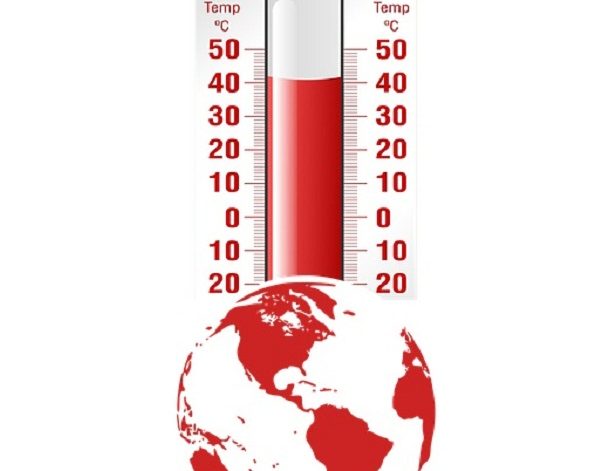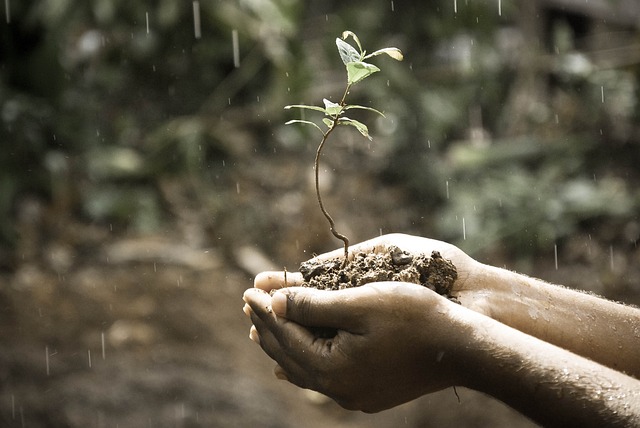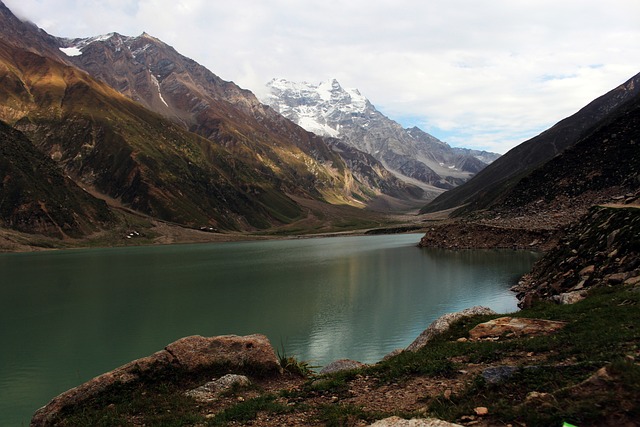INTRODUCTION
Our Earth is heating up due to increasing anthropogenic activities. Recent extreme weather events such as wildfires, heat waves, hurricanes, and many more natural disasters are indicating that the Earth is running out of time. Read: We Are Witnessing Climate Change Kill Our World
NATURAL MECHANISM OF EARTH’S HEATING UP
The radiations that are coming from the sun are either absorbed by the Earth’s atmosphere or reflected back into space. This natural phenomenon has maintained the temperature of the Earth before the industrial revolution. Since industrialization, the Earth is heating up and the global average temperature is rising.
Human activities such as fossil fuel combustion, mining, agriculture, and many others are responsible for increased emissions of carbon in the atmosphere. The high emissions of greenhouse gases have led to global warming. These gases also cause the greenhouse effect in which fewer radiations are returned back into space from the Earth’s surface and more are getting absorbed by greenhouse gases that are present in the environment.
Researchers have been warning about the severe consequences of climate change for decades.
CAN WE DO SOMETHING ABOUT EARTH HEATING UP OR IS IT TOO LATE?
There are different sustainable solutions being represented during climate conferences. Various international and national treaties have been signed by many countries to reduce emissions of greenhouse gases before a certain year.
There are different models prepared by researchers as an experiment that would help in lowering the rising temperature of the Earth. It is clearly stated by experts that cutting off carbon emissions would not show sudden results. There is the possibility that the impacts of climate change would still persist. However, long-term effects is what really matter.
WHAT ARE THE MODELS BEING SUGGESTED BY EXPERTS?
Climate intervention models include stratospheric aerosol injection. The latest research has described the concept of SAI. It is based on the reflection of solar radiation and linked to a past event. The volcanic eruption in the Philippines released large quantities of particles into the atmosphere and had an Earth cooling effect for almost a year. Another research has suggested the techniques by which small particles could be injected into the Stratosphere.
Check out All You Need To Know About Carbon Footprint And Its Importance
One study indicated that stratospheric aerosol injection would require specialized vehicles for advanced experiments and monitoring of side effects. Recent news has reported about helium balloons for conducting the experiment.
Published research suggested that during the spring season stratospheric aerosol geoengineering would save the climate of the arctic. Sea ice is melting and this could be a feasible solution however the smaller particles might be less in quantities so that lesser negative effects could be expected.
Experts and researchers are facing criticism as well. There are controversies related to such experiments. Recently published research suggested that there should be updated literature on stratospheric aerosol injection.
According to a news source, calcium carbonate particles could be less dangerous than sulfur particles. However, there are ongoing controversies. The expected negative outcomes include crop damage due to less availability of sunlight, changing weather patterns, etc.
CONCLUSION
The current situation of the Earth demands extensive Earth-saving experiments before implementation. Human activities have already created exhausting circumstances and in such a scenario, any presented model would definitely receive criticism. We must cut our carbon dioxide emissions. Achieving this would be a greater success. Nevertheless, we are still burning fossil fuels and continuously damaging our Earth.
Also check out: 10 Initiatives Governments Need To Take To Control Climate Change and Environmental Degradation
I hope you all liked this post! Please comment below if you have any suggestions, comments, or feedback! We at #envpk love hearing from our readers! Thanks!




